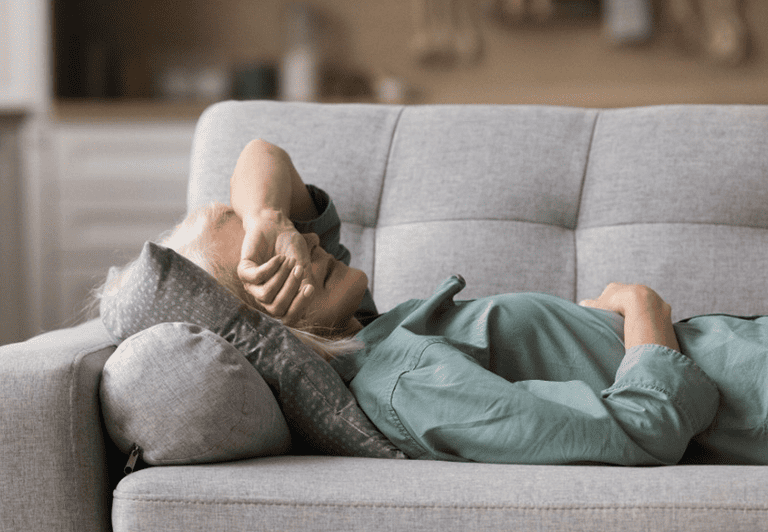
Shoulder surgery often coincides with sleeping issues for those who frequently sleep on their sides. For patients having trouble sleeping after shoulder surgery, consider the following tips for sleeping more comfortably. Orthopaedic Medical Group of Tampa Bay specializes in after-care treatment for a wide range of common shoulder conditions in the area. Contact our team today to schedule a consultation.
1. Sleep in a Reclined Position
One of the most recommended strategies after shoulder surgery is to sleep in a reclined position. Lying flat can put pressure on your healing shoulder and increase pain. Many patients find sleeping in a recliner chair to be the most comfortable option during the first few weeks of recovery. If you don’t have a recliner, you can achieve a similar effect by propping yourself up in bed with pillows to keep your torso at an incline. This reduces strain on the shoulder and helps prevent you from rolling onto it in your sleep.
2. Use Supportive Pillows
Pillows are your best friend when it comes to post-surgery sleep. Place a small pillow or rolled towel under your elbow to keep your arm slightly elevated and supported. You can also use a wedge pillow to help maintain an upright position in bed. Proper support prevents unnecessary movement, reduces stress on the surgical site, and promotes better circulation.
3. Wear Your Sling at Night
Even while sleeping, it’s often recommended to wear your sling or immobilizer as directed by your surgeon. The sling keeps your arm in the correct position, reduces the risk of rolling onto your shoulder, and provides extra stability. While it may feel restrictive at first, wearing the sling at night can significantly improve your comfort and safety during recovery.
4. Manage Pain Before Bedtime
Pain management is essential for restful sleep after shoulder surgery. Follow your surgeon’s recommendations for taking prescribed pain medications, especially before bedtime. Some patients also find that applying a cold therapy device or ice pack (with a protective barrier to avoid skin irritation) before bed helps reduce swelling and discomfort.
5. Avoid Sleeping on Your Stomach or Surgical Side
While it may be tempting to roll into your usual sleeping position, avoid lying on your stomach or on the side of your operated shoulder. Both positions place too much pressure on the joint and can interfere with healing. Instead, try sleeping on your back or on the opposite side with supportive pillows to keep your shoulder stable.
6. Meet With An Orthopaedic Doctor
When sleep problems persist after trying the tips and methods listed above, it’s advised to meet with a qualified orthopaedic doctor in Tampa Bay. These specialists can diagnose your symptoms and suggest a personalized treatment plan for effective post-op recovery following shoulder surgery. These custom treatment plans may account for MUA shoulder post-op instructions or shoulder replacement post-op instructions.
Reach Out to Orthopaedic Medical Group of Tampa Bay For Comprehensive Shoulder Treatment and Recovery Near You
We’re the trusted place for shoulder replacements and other orthopaedic shoulder treatment in the area. Call Orthopaedic Medical Group of Tampa Bay today at (813) 684-BONE (2663) to schedule a consultation or to ask for advice on getting a better sleep after shoulder surgery.




